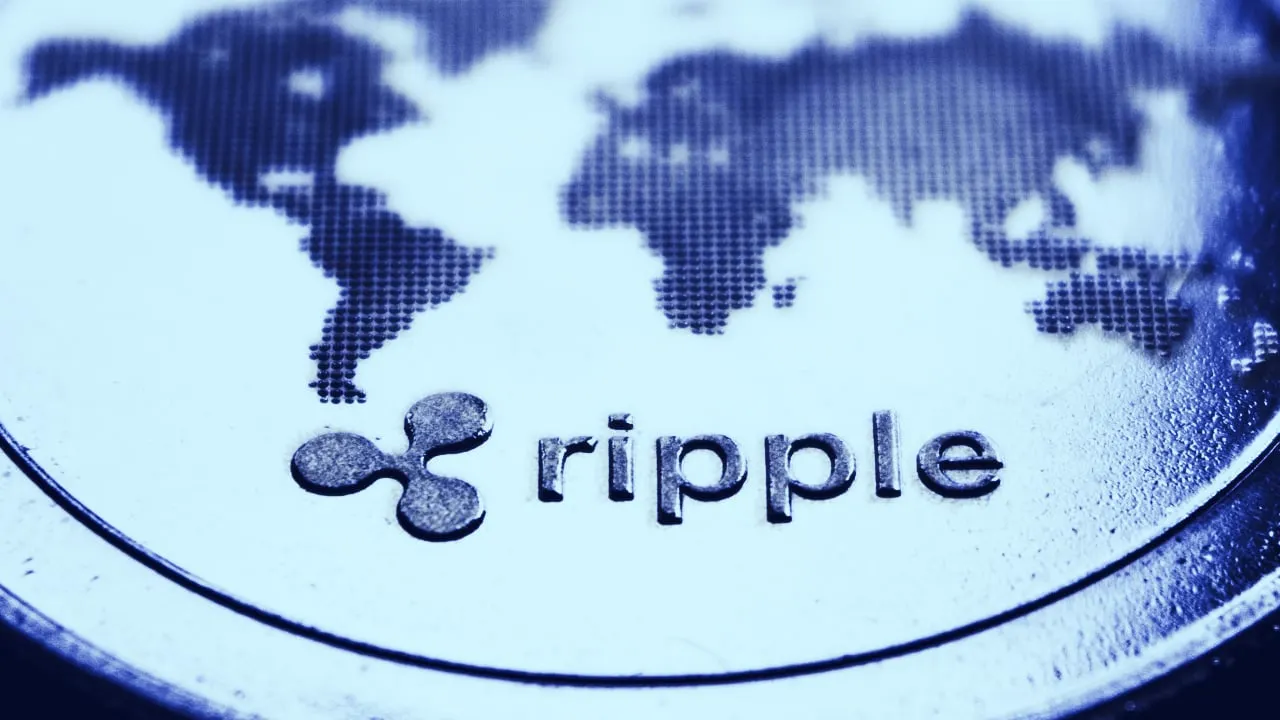It’s a tradition for Ripple, a crypto startup which specializes in cross-border payments, to sell large tranches of its associated cryptocurrency, XRP, through exchanges each year.
But this most recent quarter? Nada.
The company revealed in its quarterly report on Wednesday that it had sold no XRP through exchanges in the fourth quarter of 2019, partly to address a problem raised last year: that the exchanges it “dumped” on had overstated XRP’s market cap.
That was revealed by crypto analytics site Messari in 2019, and then partly acknowledged by Ripple itself later that year.
In Q3 of 2019 Ripple pledged to sell off less in a bid to improve transparency, and in Q4 the company went further: selling none through exchanges, and a mere $13 million through direct-to-client, over-the-counter trading desks. That's a decline of roughly 80 percent in total XRP sales by the company, according to Ripple's own figures.
Ripple says it was “gifted” billions of dollars worth of XRP, whose status as a security is the subject of an ongoing class-action lawsuit. Still, the company has typically sold off large tranches of the asset to fund its operations, putting downward pressure on its price and drawing criticism from investors. (XRP is still the third-largest cryptocurrency by market cap, though it is currently trading for a mere $0.22 per coin—down almost 95 percent from its all-time high.)
But the latest round of XRP selloffs, according to crypto site Messari, are “the lowest amount they’ve sold entirely since Q1’17.”
Messari also notes that the procedural change coincides with the firm’s receiving of some $200 million in venture capital, via a Series C seed round announced in December.

